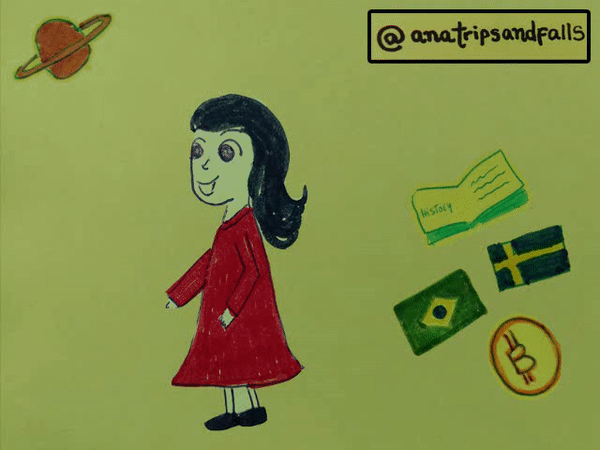Among natives and resorts, the dispute of the Colombian coast
Do you know those places that look like heaven on earth and more often than not, tourist agencies have wonderful deals for you? In Colombia, there are plenty of these places. On its coast there are numerous islands with white sand and crystal clear water, with leafy trees and green wonders, and natives who always have a smile from ear to ear.
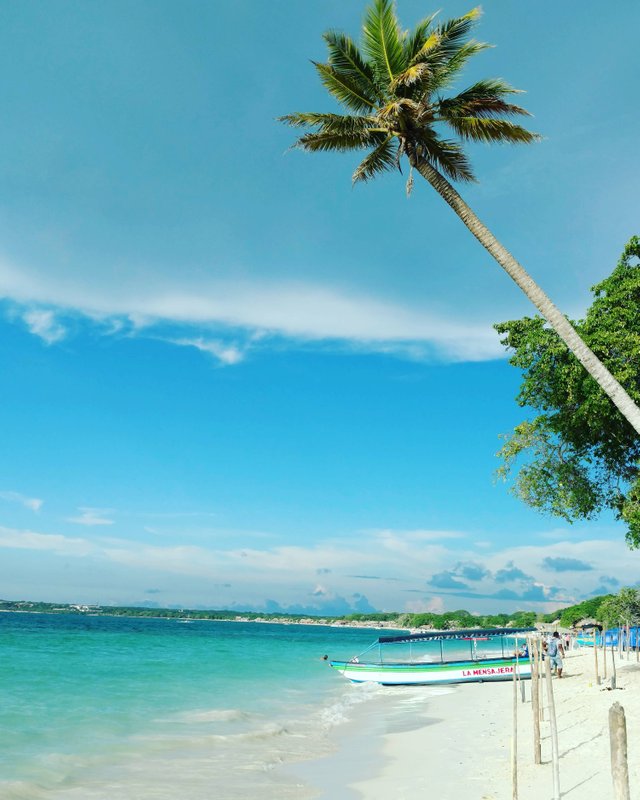
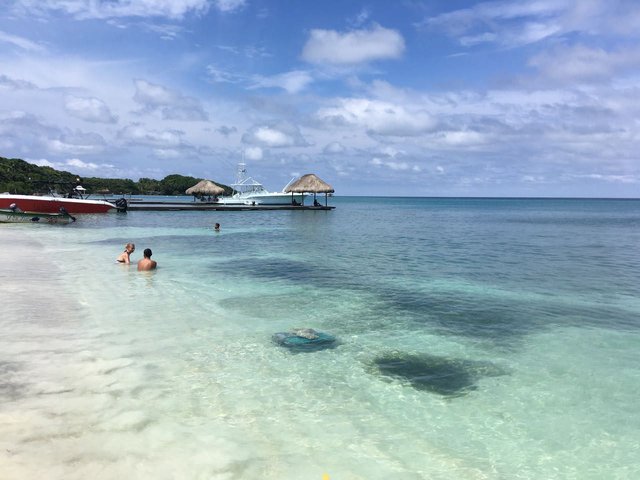
But have you ever stopped to think about how these people live outside of the touristic areas? Most of the population from islands, such as the archipelago of Rosario and Baru, on the coast of Cartagena live a very modest life. Houses without electricity or roads, to cross from one side to the other you need cut through property of the neighbors and / or the forest. It might seem strange, but I assure you, everything is very quiet and safe here. It is a place where it seems time itself has stopped.

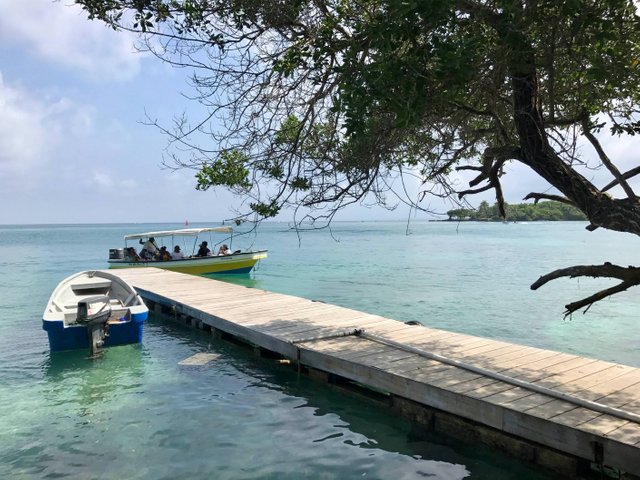
But for the locals, time has not stopped. Tourism has grown a lot and the question is how far it is good for them. What's the limit? Do you want to eat fish, rice with the coconut and a juice of lulo? Want a massage, sunglasses or necklaces? Kayak or boat? The possibilities are endless there. But by the law you can not set up any type of business on the beach without authorization. Often the authorities arrive in areas where there is some local commerce and destroy the small kiosks and take the little the population has. So far, nothing new. In Brazil, India or South Africa, this is the reality, the law must be respected. The point is that the real estate market has grown rapidly in the region and often large hotels are established WITHOUT LICENSE as well as the small kiosks. Large groups of the foreign hotel businesses ignore the rules and the Colombian authorities turn a blind eye. They punish the small entrepreneur of the island and ignore the fact that large resorts and hotels are being built on a gigantic scale, without proper documentation and even disrespecting the environment.

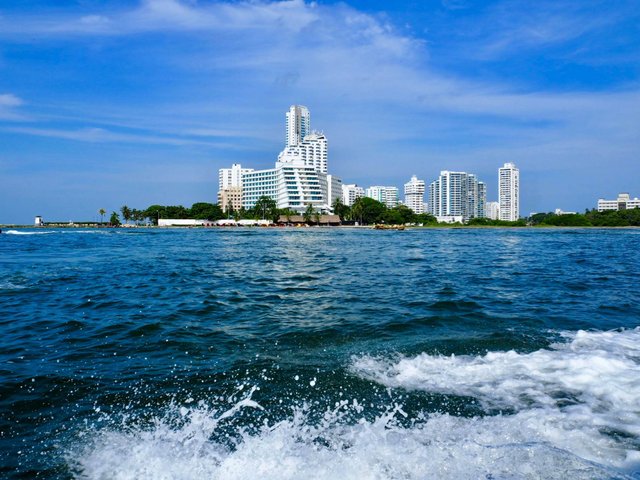
If you go to one of the main touristic areas, like Boca Grande or to Laguito in Cartagena, you will soon want to get as far away from there as possible. The pollution runs wild. This is not the only fear of the natives of the islands: Large corporations are entering their backyards without supervision and reducing the possibilities of trade and subsistence of the Cartageneros. And worst of all, they are destroying the most beautiful thing they have, the nature. But the population has little by little been organizing to stop the situation. They are doing everything possible to reverse this logic. And for those of you who may be wondering at this point, what do I have to do with this, or perhaps how I can collaborate with these people... My suggestion is that if you are a traveller, a tourist or a backpacker, avoid staying in these large hotel chains that 99% of the time send their profits out of the country whilst compromising the country they are in. Instead stay in small local inns, not only in the Colombian islands but also in your own country, collaborate with the small merchants and support the producers in your own region. This is a start.

Muchas gracias!
